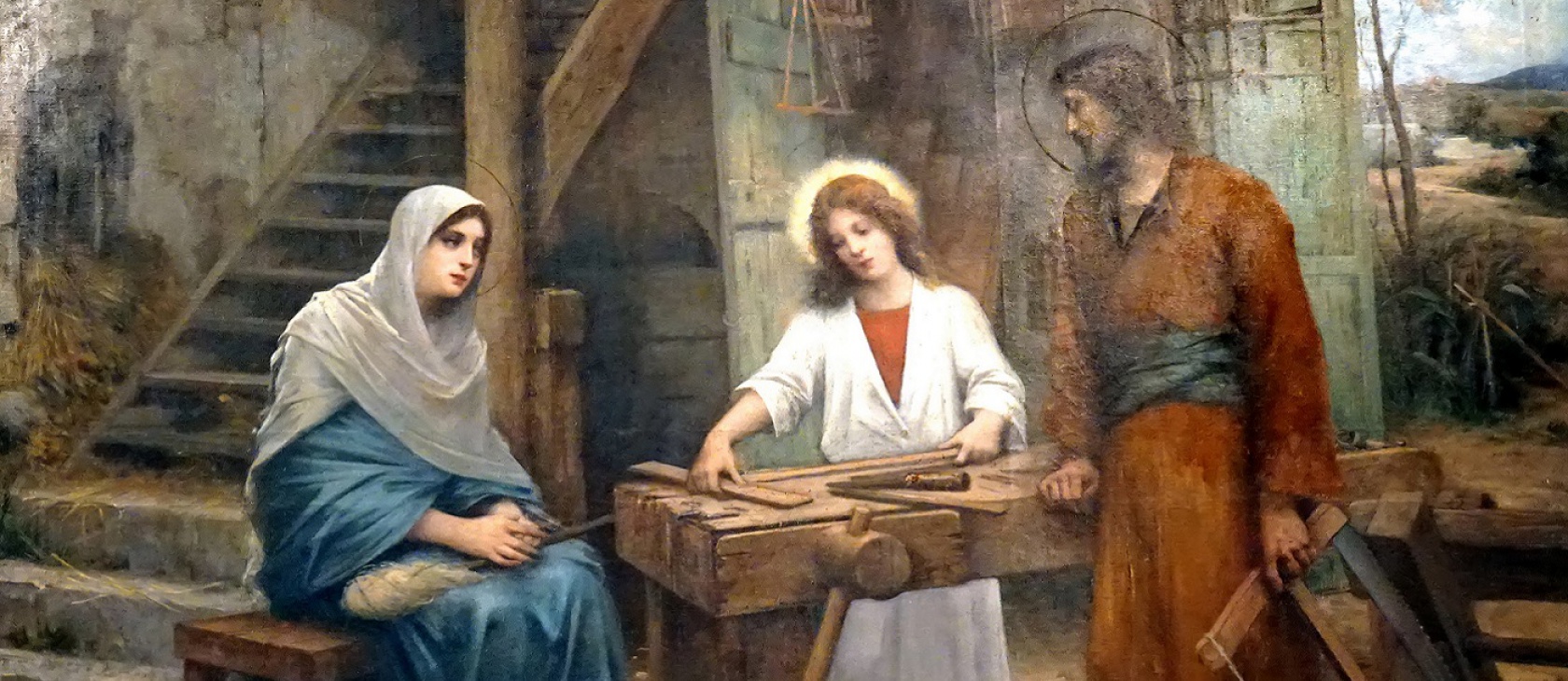It’s always astounding to hear people who reject God, and most of His major teachings, lecture believers on the proper understanding of the Bible. We could say that French writer Falk Van Gaver, the author of the new book Christianity vs. Capitalism: The Economy According to Jesus Christ, illustrates that approach perfectly. In a recent interview with a French media outlet, he admits, “Since having lost faith, I am today, in the strict sense, atheist, a-thée, ‘without god.’” Nonetheless, he accused all churches – but especially the Roman Catholic Church – of having perverted Christianity by participating in the free market. “[A]uthentic Christianity,” he said, demands the “radical rejection of money: authentic Christianity is absolutely incompatible with capitalism.” Instead, “Communism, that is to say, the division of goods, in the sense of the pooling of goods, is for the authentic Christian, at least in original Christianity, an obligation … Communism is the increase of the search for the Kingdom of God and His righteousness!”
Capitalism is a very broad term in its use today. But from its etymology, it derives from “head” (caput) and simply means an amount you have amassed, a capital. Seeking to acquire goods and increase this capital through private enterprise is the essence of capitalism. God commanded mankind to respect each person’s private property. Reason shows by necessity and nature that each man – who comes into and leaves this world naked – must be entitled to gain and possess the building blocks of life. Furthermore, God gave adults the responsibility of raising and caring for their children. How could man not be entitled to run a business, to make money by selling his products, and to accrue money for his children and his retirement?
It is according to these natural principles that the Catholic Church acquired so many properties and possessions around the world. Each year it would ask to its members to participate in the construction of churches to aid the evangelization of the world. Thanks to a globally responsible administration, all these properties increased. They now benefit the faithful from one generation to another, for centuries. In a similar way, the efforts of many capitalists helped progressively improve our way of life since at least the sixteenth century. Through the acquisition of capital and knowledge, manufacturers improved their products, invested profits in research and development and, with time, expensive items reserved for an elite few became affordable for the masses.
Sadly, Falk Van Gaver completely avoids the actual history of Communism’s treatment of Christians, and how believing Christians (a redundant term) regarded Communism. After being implemented by violent revolution in one country after another, Commuism vigorously fought Christianity, killing its clerics, imprisoning its evangelists, and persecuting its faithful. One could reasonably say that all the world’s remaining Communist regimes – Cuba, China, and North Korea – continue to suppress religion, showing a particular hatred of Christianity derived from an accurate reading of Karl Marx’s writings. No Communist regime has ever respected Christian freedom or religious liberty.
Envy ranks as one of the “seven deadly sins” in traditional Catholic thought; it is condemned by the Protestant Scriptures and rightly shunned broadly by the world’s religious traditions. In a provocative way, Louis-Ferdinand Céline once wrote, “A proletarian is an unsuccessful bourgeois.” His barbed comment signifies that envy is generally the root of popular adherence to Communism, and revolutionaries relied on it to agitate the masses.
That is not to say the present system is perfect. The free enterprise system often gets a bad name because of two things: cronyism and fraud, neither of which is the same as “capitalism.” Of course, scandalous “golden parachutes” and bonuses for failed executives are unfair. But the answer is not installing a revolutionary regime that would deny everyone’s right to property on the grounds that the existence of success is itself “unfair.” Cronyism and favoritism, and greater evils, flourish in statist economies.
Twisting the Bible
In order to make such a system palatable, Van Gaver cites the case of Ananias and Sapphira in the Book of Acts (5:1-11). Unfortunately, it is clear that he does not understand the meaning of the passage. The sin of the couple is primarily a sin against the Holy Ghost, because they lied to be praised for their generosity. It is this hypocrisy that Peter is reproaching to Ananias, who claimed he donated all the proceeds from the voluntary sale of their land. The apostle’s recrimination was that Ananias “lied” – not that you “cheated and kept some money.” The apostle reaffirms the right to private property in this very passage, saying: “The property was yours to sell or not sell, as you wished. And after selling it, the money was also yours to give away.” So much for an apostolic Communist society.
Reading his interview, it emerges that Van Gaver does not know much about the actual workings of the Roman Catholic Church, which he condemns for its alleged splendor, power, and opulence. Yet the Christian Church has always allowed communal ownership within the bounds of monasticism. Pope Honorius III officially approved the Franciscan Order, which is dedicated to mendicant poverty, in 1223. Every priest, monk, or nun makes a vow of poverty, chastity, and obedience.
This voluntary poverty has never led historic Christianity to condemn free enterprise. Jesus was not a socialist. He worked as a carpenter, and His apostles had a money bag, which Judas carried for the group – which he did not steward well (See St. John 12:4-6). Jesus often referred to farmers, winegrowers, or merchants without ever condemning them for having money.
Finally, the fundamental error that Falk Van Gaver is making about Christianity and that leads him to such a conclusion, concerns the ultimate source of fulfillment, happiness, or what Christ would call blessedness. Christianity’s chief aim is attaining everlasting salvation, through faith and works, and thereby experiencing eternal bliss in the presence of God. Communism seeks to create an unattainable utopia on earth. Christianity teaches each person to use his goods responsibly, and morally, for the care of the poor and the betterment of the world. Communism imposes its own collective morality upon the (re)distribution of goods – and no morality upon the rest of the rulers’ actions. To impose anarchy or deprive people of the right to property is to deny them the ability to exercise freedom and responsibility, and that is but one reason why Communism is fundamentally contrary to Christianity.
Mr. Foltzenlogel's opinions are his own.
(Photo credit: Dennis Jarvis. This photo has been cropped. CC BY-SA 2.0.)




